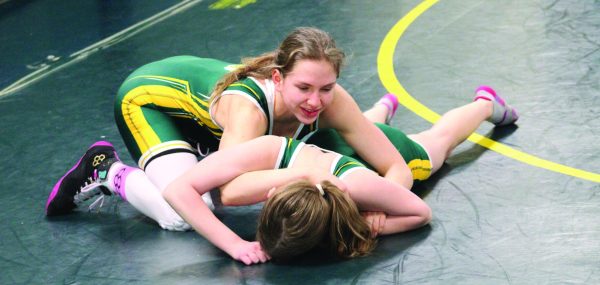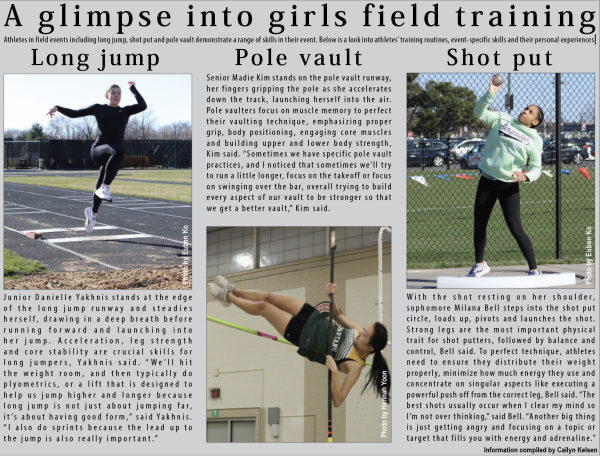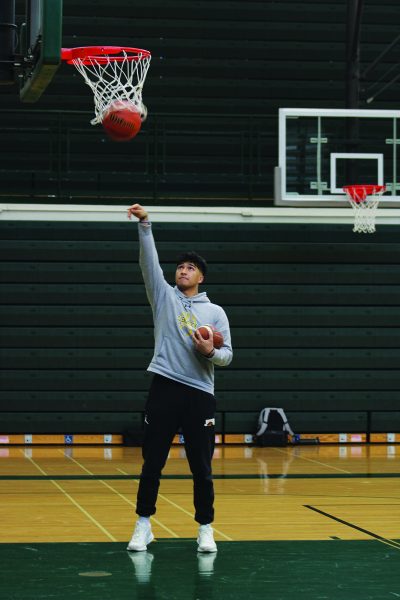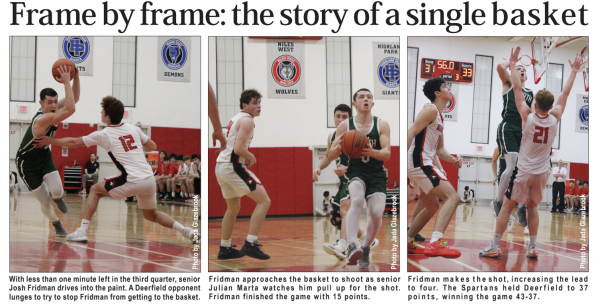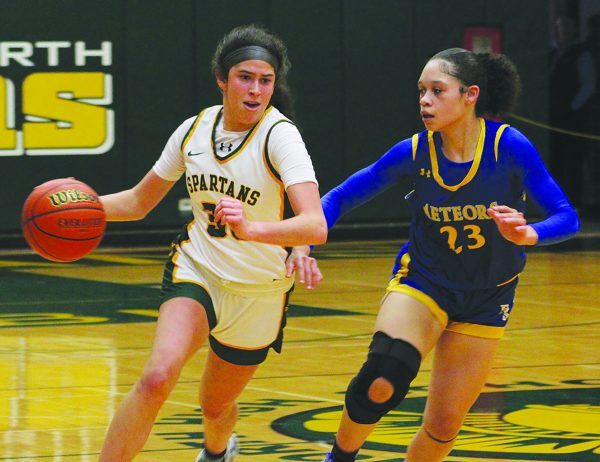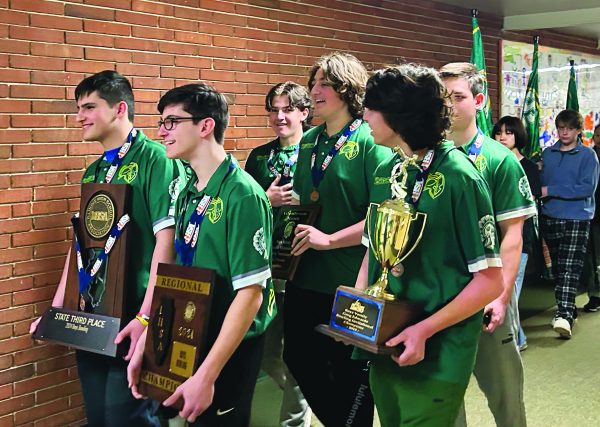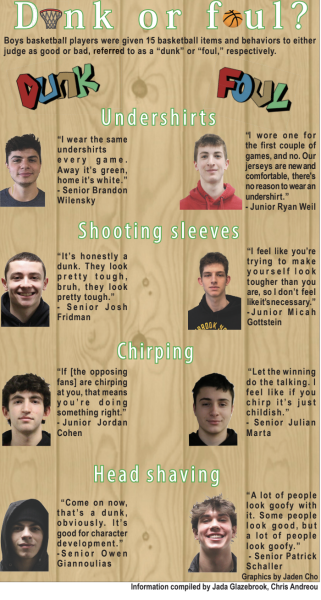Is it wise to specialize?
Senior Michael Oh often found himself going directly from basketball to baseball practice, having to quickly change uniforms in the car between each. Now, he has just one sport to focus on.
A right-handed starting pitcher, Oh decided to stop playing football, basketball and golf to pursue his dream of playing Division 1 baseball. Oh signed to play with Creighton University in Omaha, Nebraska.
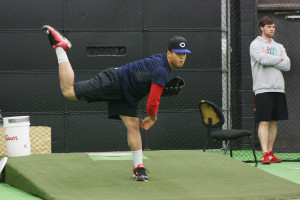
According to Oh, after his sophomore year, he was burdened by having to juggle playing multiple sports.
“I was in the car with my dad, and I was like, ‘I don’t think I want to play basketball anymore,’” said Oh. “That’s when I knew baseball was the one sport I wanted to focus on.”
Before making the decision, Oh turned to Baseball Head Coach Dominic Savino, who is adamant about having his players participate in multiple sports, for advice.
“I want guys who are physically and mentally tough and athletes who are willing to compete,” said Savino. “I think the more sports they play, the better off they will be. If you look at a lot of the best players in any sport, research shows that they were multi-sport athletes when they were in high school.”
Savino, who played baseball and football growing up, now coaches both sports.
“If I can coach multiple sports then players can play multiple sports,” said Savino. “I try and show [athletes] that I am an example of what it looks like to do multiple aspects on the coaching side of things, so hopefully they can take that and use it on the playing side of things.”
According to John Fitzgerald, baseball head coach at the University of Chicago, competing in multiple sports is key to succeeding at any level, as it increases overall athleticism and competitive drive.
“Often times, the players with the most ‘game experience,’ regardless of the sport, are the ones who are your best competitors on [the] field,” said Fitzgerald. “[Private] lessons do not carry the same weight as the ins and outs of competing every day.”
Fitzgerald said, however, specializing can be helpful as long as the mechanics being taught to the athletes are fundamentally sound because once they reach the collegiate level, it becomes very difficult to change previous habits.
According to Savino, one consequence of specialization is athletes cannot make friends with kids from other areas.
“Often times, travel teams have teammates that are growing up 30 miles away from where they live, and I think there is great value in competing with and being teammates of people who are outside the same community as you,” said Savino. “Sometimes the social aspect and the development piece gets lost in this day in age.”
Oh said he is trying to make the athletic process as simple as possible by focusing on one sport.
“It wouldn’t have been fair to my team and my teammates if I was playing basketball and my mind was on baseball,” Oh said.
Instead of focusing on whether college coaches prefer specialization, Fitzgerald said athletes should enjoy sports for what they are.
“You only have a limited time to play sports,” said Fitzgerald. “For some it is high school, for some college, and for a very select few it might be professionally. If you love playing another sport, I think you should until you are no longer able to. I would hate to have someone decide not to play a sport they love and then regret walking away prematurely later in life. There are so many memories and experiences that come as a result of sports. I would hate to see someone deprive themselves of those opportunities for the wrong reasons.”


